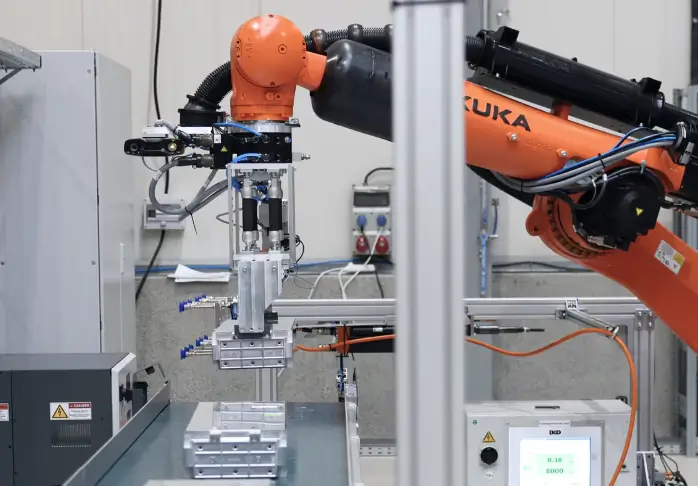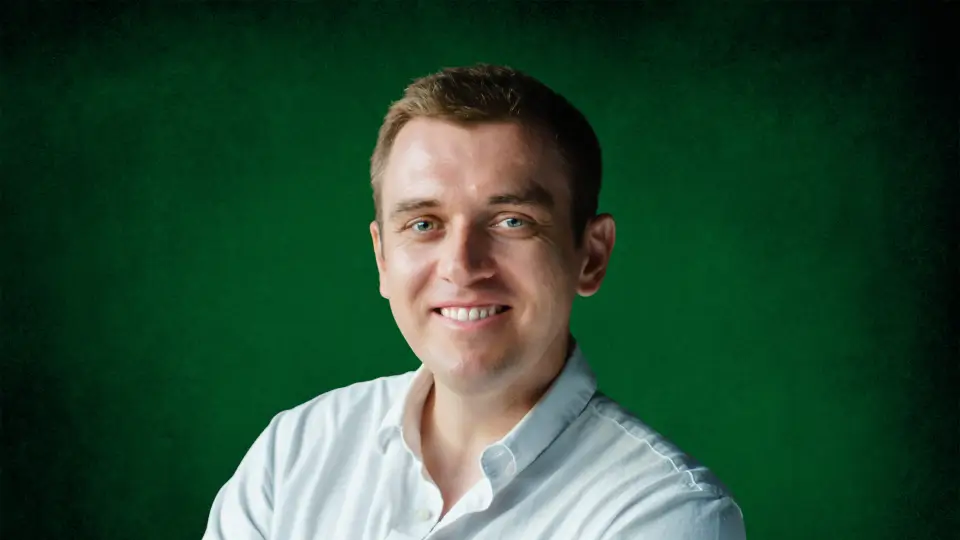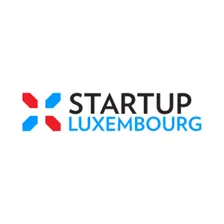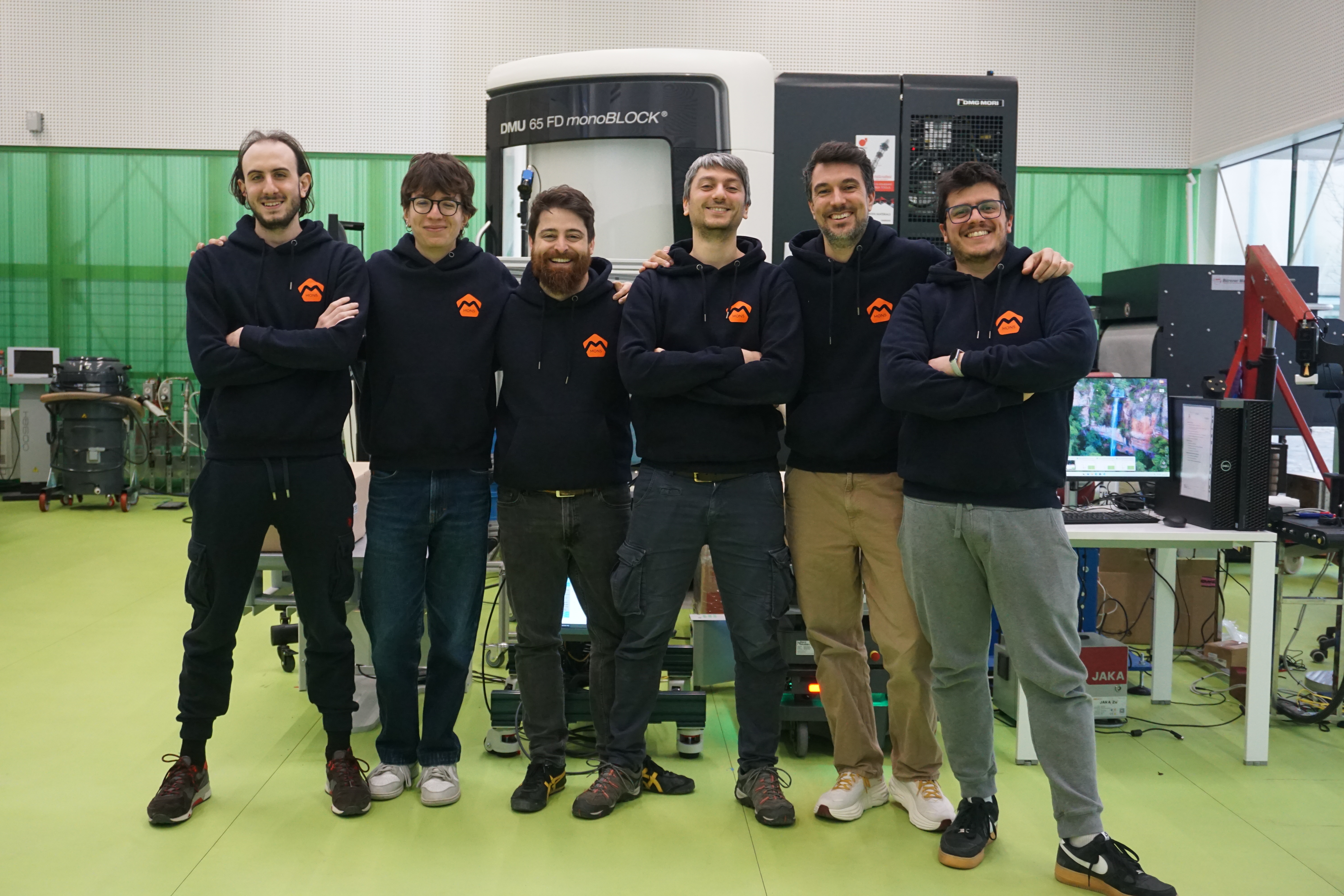

“Fundraising is a masterclass in trust”
Vitalie Schiopu, co-founder and CTO of ClimateCamp, shares how structure, empathy and network effects helped secure their first fundraising rounds.
 Startup Luxembourg
Startup Luxembourg
When Vitalie Schiopu co-founded ClimateCamp, he and his three co-founders had a clear mission: help companies decarbonise their value chains through supplier collaboration. “We believe the only scalable way to reduce emissions is by working with your suppliers,” he explains. Their platform enables companies to measure, track and reduce their carbon footprint by engaging their entire supply network.
But turning that vision into a viable business required more than a good idea. It meant raising funds.
Building trust, step by step
Each fundraising round brought new lessons. “Fundraising is a masterclass in trust building,” Mr Schiopu reflects. “You first need to gain trust, then show evidence.”
They began by activating their personal networks, asking for introductions to potential investors. Then they leveraged contacts from accelerator programmes in Belgium and Luxembourg, including Fit 4 Start. Finally, they researched VC lists to qualify investors based on stage, region and industry focus.
Empathy is key. You have to put yourself in the investor’s shoes to understand their rationale.” Vitalie Schiopu
ClimateCamp’s pre-seed round marked their first experience with professional due diligence. “We had to learn the investor language quickly: metrics, cap tables, governance, all the clauses in a term sheet,” says Mr Schiopu. They began sending regular updates to potential investors, building transparency and credibility over time.
By the time they reached their seed round, the team approached fundraising like a project. “We used a CRM approach to track investor conversations, just like a sales pipeline,” he explains. “It’s about persuasion, but also about alignment. You need to match with the investor.”
From pitch to product
ClimateCamp’s breakthrough came during a startup competition in the Netherlands, where they pitched in front of corporate VCs and industry leaders. Winning the competition secured their first professional investment and opened doors to further conversations.
Negotiating the term sheet was another learning curve. “We kept things simple and aligned with market standards,” Mr Schiopu explains. “When there was pushback, we always asked: what’s the rationale? That helped us find common ground.”
Once the funding was secured, the team focused on product development and go-to-market strategy. A key part of their growth has been a network effect model: customers invite their suppliers to join the platform, who then become users and often customers themselves. “It’s a referral engine that’s starting to scale,” Mr Schiopu says.
Lessons from the ecosystem
ClimateCamp’s journey has been closely tied to the Luxembourg startup ecosystem. The team participated in the acceleration programme Fit 4 Start and is based at the Luxembourg City Incubator. “The House of Startups is a powerful engine,” Mr Schiopu underlines. “It gave us visibility, connections and business opportunities.”
They also leveraged international exposure through the Chamber of Commerce, joining national pavilions at events like VivaTech and Web Summit. The visibility from reaching the top 10 at Web Summit’s pitch competition was invaluable to the team.
Mr Schiopu is candid about the emotional toll of fundraising. “It’s a rollercoaster,” he admits. “There are a lot of no’s before you get a yes. But every conversation helps you tell your story better.”
Uncertainty is part of every step of the startup journey. Mr Schiopu’s advice for navigating it: “Be structured, be transparent and stay true to your vision. What works for one startup won’t necessarily work for another.”


